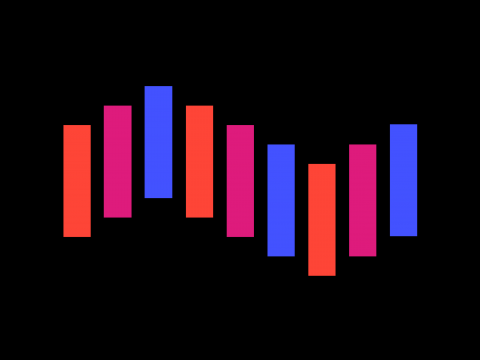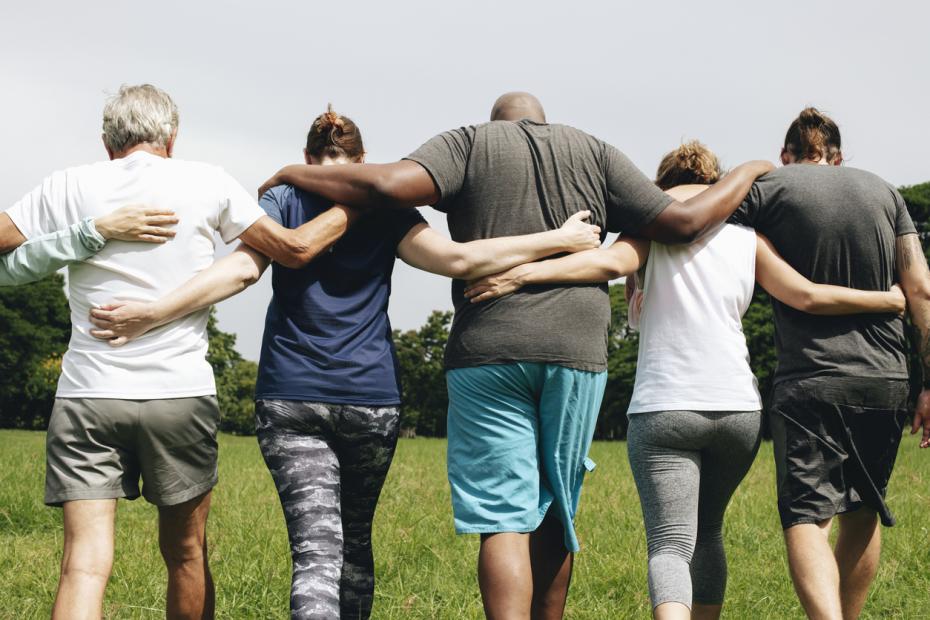Listen to this podcast on Spotify, Apple podcasts or Google podcasts.
In this episode of the Campus podcast, we explore the growing field of citizen science, which goes by many labels including participatory research, civic science and non-academic research. Whatever your preferred terminology, the basis of all this work is the involvement of non-academic participants. We speak to three strong proponents of this approach to research who explain how and why it can be such a powerful way to unlock knowledge and seek innovative solutions.
Henrietta Moore is founder and director of University College London’s Institute for Global Prosperity (IGP), which is seeking to shift economic thinking towards a greater focus improving quality of life for all. Central to Henrietta and the IGP’s approach is the involvement of grass-roots communities in the production of knowledge. Examples include the ESRC-funded RELIEF Centre, which aims to improve levels of prosperity in Lebanon, and Procol Africa, which is a collaborative research programme broadening the knowledge of what constitutes prosperity in Africa. Read Henrietta’s resource that provided the inspiration for this podcast, “Unlocking knowledge within local communities as part of ‘levelling up’”.
Joel Bitok is a farmer from Nandi County in Kenya who has worked with PROCOL Africa as a trained citizen scientist for four years. Joel has helped academics interact with local Mau Mara communities – mostly farmers – to carry out value chains mapping. The insight generated has enabled the PROCOL Africa team to develop recommendations for governments and other agencies to enhance prosperity.
Alan Irwin is a leading scholar in the study of citizen sciences and a professor in the department of organisation at Copenhagen Business School. He has followed the evolution of citizen science for three decades, since publishing a much-referenced book on the subject, Citizen Science. A Study of People, Expertise and Sustainable Development, in 1995.
If you would like advice and insight from academics and university staff delivered direct to your inbox each week, sign up for the Campus newsletter.




comment1
(No subject)